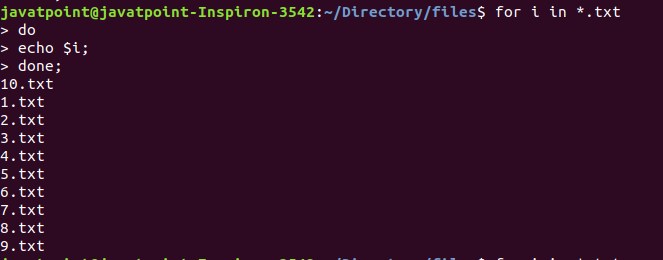
It’s an alternative to the mv command, and requires some knowledge of the regular expressions. The rename command is an efficient way to rename multiple files in Linux. The $ in the second part includes the name of the file being processed right now.
LINUX RENAME FOLDER CODE
The code in the second line runs for every item in the list and moves it to a new place replacing.For loop is used to iterate through the list of all files with a.Say we want to rename the extensions of all. To rename more than one file, use the mv command in conjunction with other commands like find or inside bash for or while loops. The mv file renames only one file at a time. Renaming Multiple Files Using the mv Command In our example, file1 is the source and file2 is the destination. To rename a file from file1 to file2: mv file1 file2 Renaming a Single File Using the mv Command single source / single destination: to rename, specify a source file and a destination file.single source file / single existing destination: if you specify one file as the source, and an existing directory as the destination, then the file will move to the directory.

LINUX RENAME FOLDER INSTALL

If you want to use perl version, you need to use the following command to install it: sudo apt install rename Take the file I just made as an example, I can use the following command to rename all of them: rename.ul. rename.ul replaced_string new_string match_file The method of use is more complicated than mv, and there are basically three variables. The rename command is divided into two type. We can find that we have renamed the original 1.test file to 1.txt. Suppose there are four files in my folder: The main function of this command is move files, but we can also rename files while moving the file path, so it has naturally become our command to rename files. The mv command is abbreviation of the so-called move. But today I learned the rename command and found that this is the function I want, so I recorded it here along with the mv command. If there are multiple files that have to be renamed, I will simply write a shell script to deal with it. In the past, I only used mv to rename the files.

In addition, the rename command can handle a large number of rename requirements at once. Of course you can also change the name through graphic interface, but using command line is always much faster for me. If we want to rename a file in Linux system, we can use mv and rename command.


 0 kommentar(er)
0 kommentar(er)
